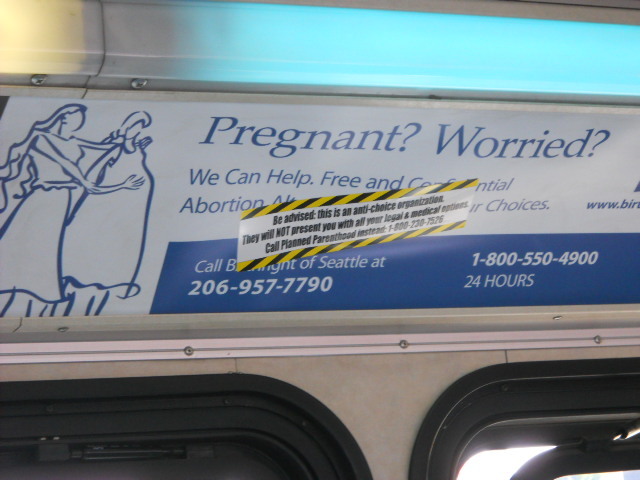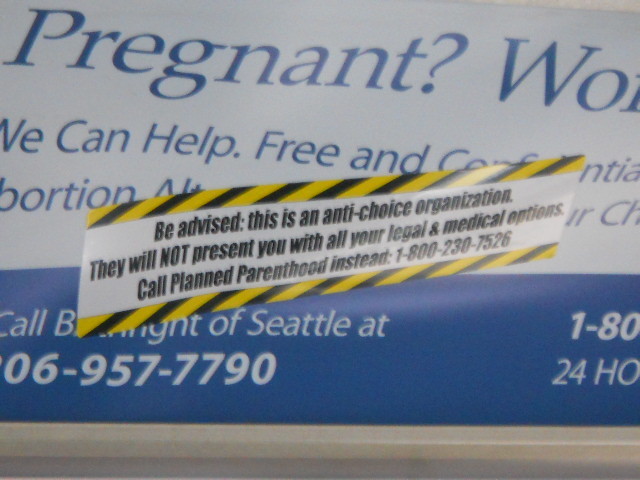There is a lot of cultural expectation attached to the term "lady".
I am beginning to recognize it as a coded term for compulsory femininity and consumption. The easiest and most apparent way to recognize this is to think about traditional femininity. It's easy for most people who've grown up in highly gendered western culture to conjure up a vision of a lady as someone living in a different time; a role played by Elizabeth Taylor or Marilyn Monroe. We think of lace and poise. The word dainty comes to mind. There is a level of control, artifice, and illusion (corsets and make up) with which the traditional lady presents her body. While I see nothing inherently wrong with these things, I personally don't make it a habit to treat my body the way a traditional lady would.
The manifestation of "lady" in modern times is definitely built off of these old forms and habits of ladyhood in the form of casual slut shaming & agency discouraging aphorisms: a lady always crosses her legs; a lady always waits for the third date; a lady waits to be courted etc. But these days there are many more confusing and often contradictory standards about being a lady one must appear "ladylike" (aka expressing sexuality) at all times but neither be "too forward" (AKA sexually available on her OWN explicitly specified) terms). The habits surrounding ladyhood have expanded (from corsets to shapewear & eradicating pubic hair) and been branded as "liberating" choice, but women's compulsion to participate in lady culture has remained constant.
There is a set of consumer habits a "lady" is expected to engage in. This is particularly apparent in not just beauty magazines but in places where women gather online like the r/twoXchromosome on reddit or on pintrest. Where lots of cool discussion happens and also a ton of posts about hair, crafting, design, & menstrual cycles. I don't want to discourage women from posting things they like and are proud of, but one of the most common words included in the title and content of such of posts is the word "ladies". Much of the time in this context "lady" is meant to be a call to attention for all of those folks who engage in the consumer and social habits of being of stereotypically feminine and usually heterosexual.
The one thing both that traditional and modern sense of "lady" share is their commitment to deference & to being dependent on men's expectations. The traditional "lady" is extremely direct about this. Whereas the modern "lady" brands her deference and dependence as an empowering "choice" to present in ways that are in line with cultural beauty standards defined by the male gaze.
In a pamphlet put out recently at a GOP event attended by Paul Ryan women were explicitly instructed to be modest, responsive, and gentle in spirit:
All women, whether married or single, are to model femininity in their various relationships, by exhibiting a distinctive modesty, responsiveness, and gentleness of spirit.
The term lady is least often coded as meaning these things so strictly and explicitly, but it still happens all the freaking time in mandates as simple and unspoken as "girls can't ask boys out."
For both the traditional and contemporary lady standards for the consumer and presentation habits are inexorably tied to both class and race. On some levels fitting into the role of lady means completely masking your racial and/or socio-economic background. The humor commonplace around a working class dinner table would be deemed "too dirty" or "lowbrow"; The way you learned to eat (with your hands, talking while eating) may be deemed gross or unladylike. The ladylike women in our fairy tales are valued for being "fair".
In the past I too have longed to fit this mold, to have an effortless air of "elegance". One of my previous partners used to work in politics. When we'd go to formal dinners we would comment unknowingly about how some of the women at these fancy functions just seemed "better suited" to elegance how I wanted to be a lady like them. Neither of us knew then that the coded language of lady was at work there, telling me I was too "rough" too "unsophisticated".
For me being a lady often means suffering clothes my body does not know how to wear without wrinkling or itching. It means smudging goop on my face. It means apologizing for and suppressing my burps. I means pretending I don't poop or fart. Conforming to such habits usually means being uncomfortable and pretending to like it.
I used to feel shame about both my gender and my socioeconomic background because of the expectation that I be a lady or else be undesirable. I'm working to no longer feel this way. Crucial to this is no longer being called a lady when I am not asking to be called one.
Dressing up and behaving like a lady feels like a costume to me on so many levels. It can be fun sometimes, I do like pretending and trying on ways of being and presenting that aren't necessarily comfortable or natural to me (it often opens my mind in awesome ways!) but I refuse to move through the world in a way that feels foreign to me and have others say that it is natural or the way I prefer to be. I can take on the role of "lady" and I can have fun with it and be proud while I am doing it but unless I have explicitly said otherwise I would prefer to no longer be called a lady.

